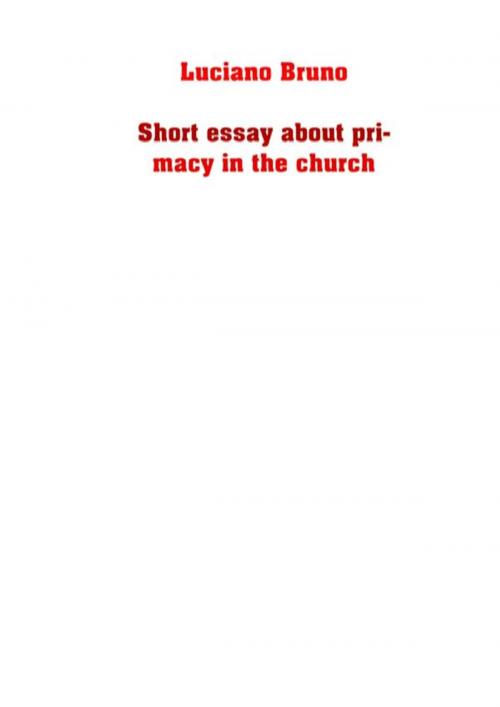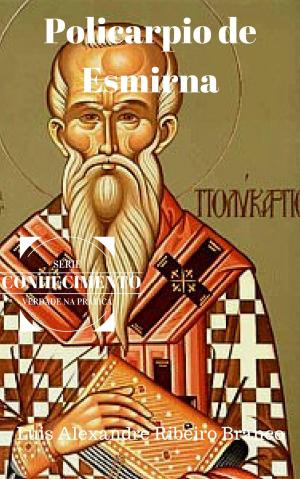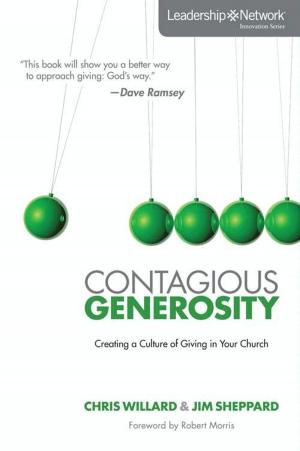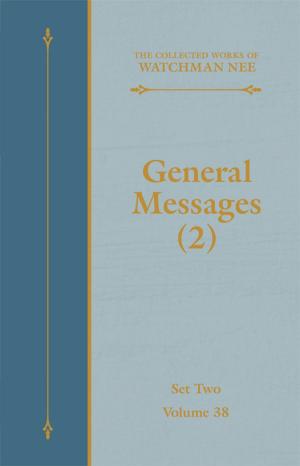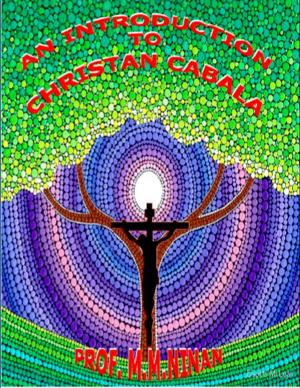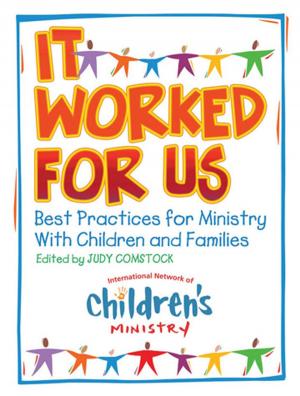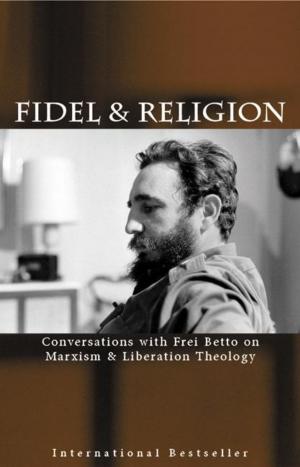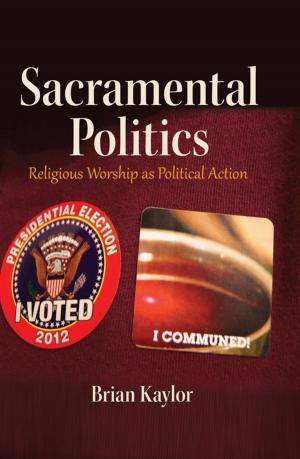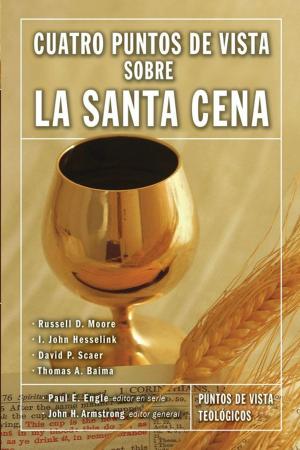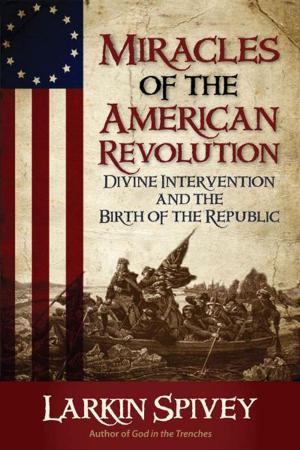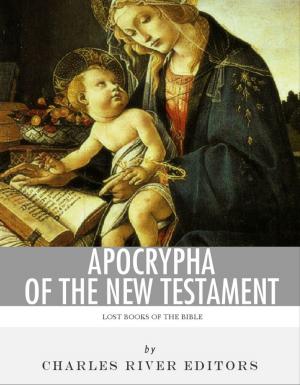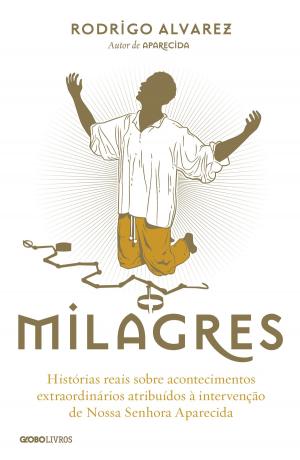An ecumenical proposal about the holy mysteries
Nonfiction, Religion & Spirituality, Bible & Bible Studies, Meditations, Bibles, Other Bibles, Christianity, Church| Author: | Luciano Bruno | ISBN: | 9786050357714 |
| Publisher: | Luciano Bruno | Publication: | March 9, 2015 |
| Imprint: | Language: | English |
| Author: | Luciano Bruno |
| ISBN: | 9786050357714 |
| Publisher: | Luciano Bruno |
| Publication: | March 9, 2015 |
| Imprint: | |
| Language: | English |
Starting from the wealth of terminology of the sacred mysteries (or sacraments) in some churches (pag 4-8), we wanted to arrive at a definition of name (pag 9) and of meaning (pag 10-12) that could be shared by various Christian communities. Assuming that only Baptism and the Eucharist are important sacraments for salvation, we also tried to respect the ecclesiastical canons on the classification of seven mysteries of Roman Catholics and Orthodox churches (for historical tradition and number of believers). We accord to a new reclassification (pag 13-42) of the seven holy mysteries which have as its foundation, first of all, on evangelic basis and historical references of the New Testament and then on patristic citations.
In this essay we wanted to resubmit the secular method of integration in a theological key for integrating the resources of the various Christian denominations in the theology of sacraments and for using a new and alternative method to transubstantiation and to consubstantiation. Besides we wanted give a priority to biblical matter because it is already an acquired wealth by all the churches that the scriptures have the primacy on all other matters. We have avoid philosophical terms (form and matter) and we have preferred
biblical terms (visible and audible1 signs) shared by all the churches. After all, what is written is included in an ecclesiology of the word of forgiveness and reconciliation which is valid for all, for reformed churches, catholic churches and orthodox churches.
Among the seven sacraments we included the holy mystery of the word (preaching of the gospel) and the holy mystery of the service (washing of feet) following ancient traditions of the early church and resumed today by some communities of the World council of churches that have classified among their sacraments Finally, we felt it appropriate to underline the practical aspect of pastoral theology and eschatology highlighting the need to return to a pastoral of small house churches founded on the word and on the unique and quadruple ministry (bishop, priest, deacon, reader) and the need to return to the language of the final resurrection of the flesh. A theological term, the latter, which is too often forgotten by preachers, catechists and theologians.
Starting from the wealth of terminology of the sacred mysteries (or sacraments) in some churches (pag 4-8), we wanted to arrive at a definition of name (pag 9) and of meaning (pag 10-12) that could be shared by various Christian communities. Assuming that only Baptism and the Eucharist are important sacraments for salvation, we also tried to respect the ecclesiastical canons on the classification of seven mysteries of Roman Catholics and Orthodox churches (for historical tradition and number of believers). We accord to a new reclassification (pag 13-42) of the seven holy mysteries which have as its foundation, first of all, on evangelic basis and historical references of the New Testament and then on patristic citations.
In this essay we wanted to resubmit the secular method of integration in a theological key for integrating the resources of the various Christian denominations in the theology of sacraments and for using a new and alternative method to transubstantiation and to consubstantiation. Besides we wanted give a priority to biblical matter because it is already an acquired wealth by all the churches that the scriptures have the primacy on all other matters. We have avoid philosophical terms (form and matter) and we have preferred
biblical terms (visible and audible1 signs) shared by all the churches. After all, what is written is included in an ecclesiology of the word of forgiveness and reconciliation which is valid for all, for reformed churches, catholic churches and orthodox churches.
Among the seven sacraments we included the holy mystery of the word (preaching of the gospel) and the holy mystery of the service (washing of feet) following ancient traditions of the early church and resumed today by some communities of the World council of churches that have classified among their sacraments Finally, we felt it appropriate to underline the practical aspect of pastoral theology and eschatology highlighting the need to return to a pastoral of small house churches founded on the word and on the unique and quadruple ministry (bishop, priest, deacon, reader) and the need to return to the language of the final resurrection of the flesh. A theological term, the latter, which is too often forgotten by preachers, catechists and theologians.
